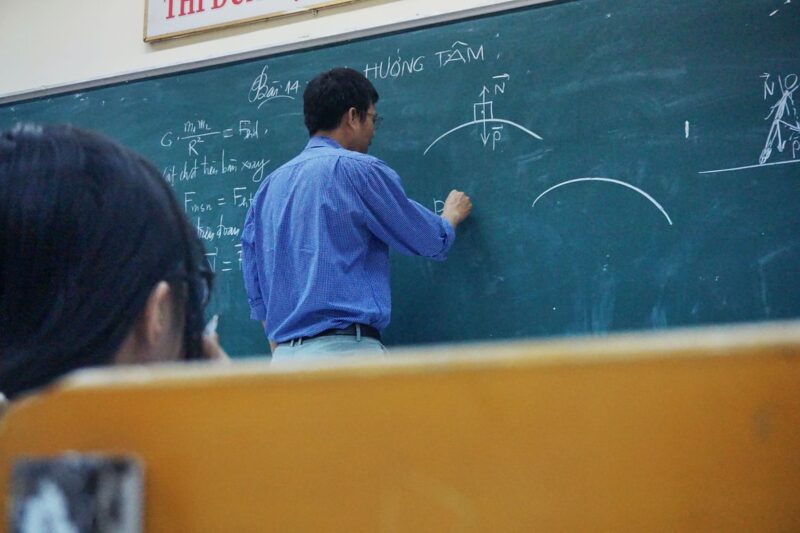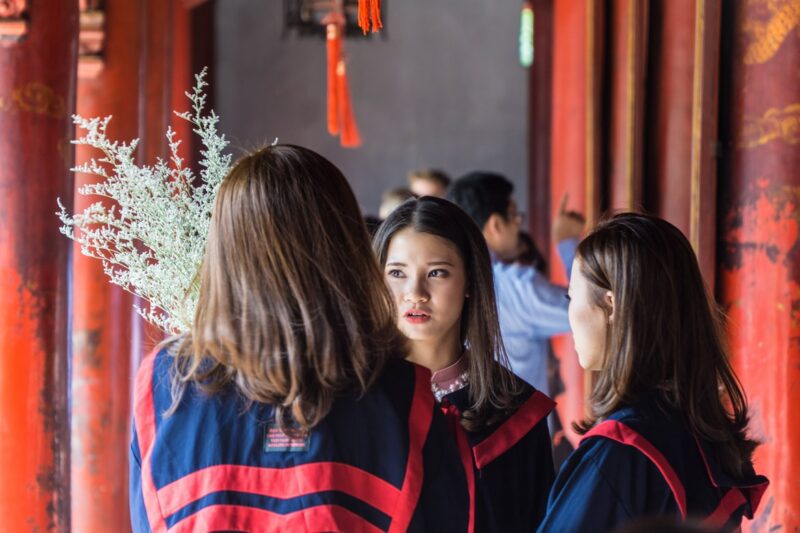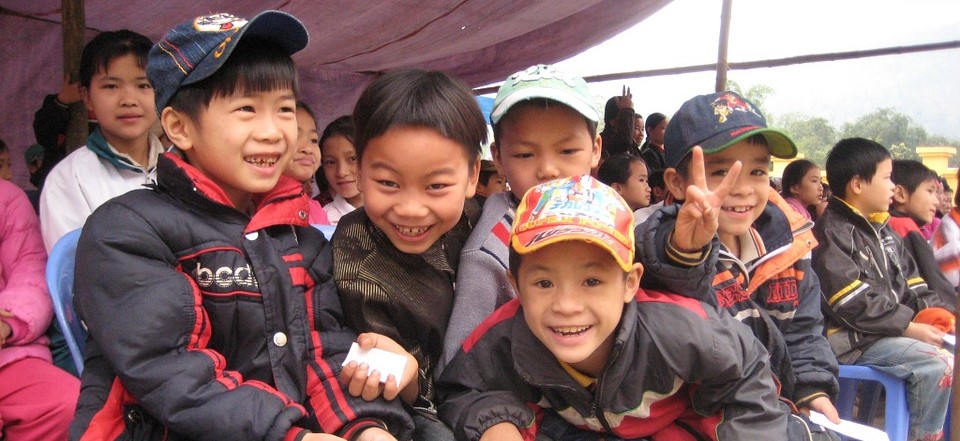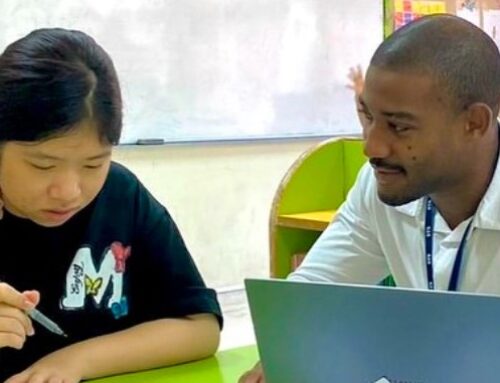Before deciding on which country is the best fit for you, we want to make sure you have all the information that you might need. There are some really important questions to consider: Which lifestyle best suits you? Do you want to be close to your home country? And also some questions that you might not have thought about just yet, such as: What is the education system like in that country?
At Impact Teaching, we try to cover all bases. You’ll find blog posts aimed at answering any questions you might have, and today we’re going to focus on that last one: The education system in: Vietnam. In Vietnam, there are only five years of mandatory schooling; however, ninety five percent of the population are literate, which is higher than that of America!
What are the distinguishing features of the education system?
Vietnamese schooling can be broken down into the following: pre-school, primary school, secondary school and high school. Students spend five years at primary school, four years at secondary school, and then a final three years at high school.
After their five years at primary school, students can choose to either continue into secondary school, or go into a two year professional training course. If they choose to continue into secondary school, they will eventually choose what high school will suit them: specialised, professional or vocational.
To graduate high school, students will take a National Graduation Exam covering six subjects. Each subject is worth ten points, and students need a minimum of thirty points to graduate, without having a zero in any of the six subjects. The information provided by the National Graduation Exam allows examiners to write the university entrance exams.

How many subjects do students study in school?
At primary level, the curriculum first covers Vietnamese, maths, ethics, nature and society, and physical education. Eventually, the primary level curriculum diversifies to include geography, history and science.
At secondary level, the curriculum covers Vietnamese, maths, biology, physics, chemistry, history, geography, civics, foreign language, physical education, technology, art, and music. It also places a lot of importance on enrichment activities, such as school or vocational endeavours, this is embedded into the student’s timetable.
In high school, the curriculum covers Vietnamese (literature), maths, physics, chemistry, biology, history, geography, civics (e.g. economics), foreign language, technology, information technology, physical education, military and security education.
What are considered the key subjects?
For the exams, the students have to take at least four subjects, including the three compulsory subjects: maths, Vietnamese (literature) and foreign language (usually English). Additionally, they will also take either physics, chemistry, biology, geography or history.
From the above, it is apparent that the three core subjects are maths, Vietnamese and English. This differs a little from other Asian countries, where there can sometimes be an equal focus placed upon sciences, too.
What percentage of students goes to university?
At the peak of further education enrolment, 2014, thirty percent of students enrolled in a Vietnamese university; however, the rate of enrolment into further education is currently dropping. Similar to our Thai students, Impact Teaching recognises the importance and value of all different routes, and we are keen for our teachers to get into their placements and start encouraging the students to do what works for them, and what makes them happy.

Life for the students
Vietnamese students work hard to make their families proud, as family is the centre of Vietnamese life. To keep their focus high, many schools prohibit romantic relationships between students, as well as adhere to a curriculum that is mainly teacher led, rather than discussion. In your own classroom, it may take a while to get discussion going as this may be new to them; however, the enrichment activities they undertake at secondary level should help with getting them ready for this!
Would you like to teach English in Vietnam? Explore our program page or submit an application
About the author





